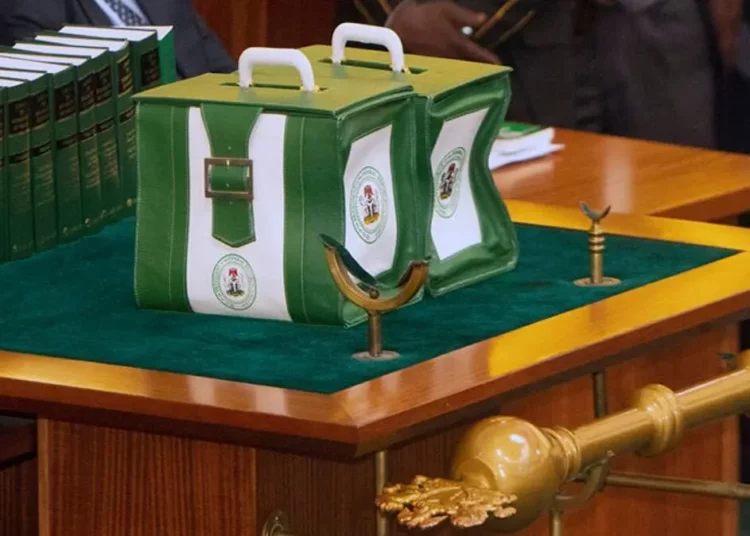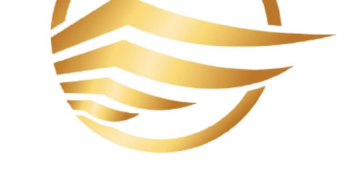The Centre for the Promotion of Private Enterprise(CPPE) has called for reforms in the budget appropriation processes to prioritise infrastructure financing and human capital development, adding that, it would boost productivity and competitiveness of the economy.
This is even as CPPE insist that, to unlock growth and investment in the economy in 2023, government must be committed to reform the budget, consolidate the power sector and improve on infrastructure financing and implementation of the Petroleum Industry Act(PIA).
The managing director of CPPE, Dr Muda Yusuf, who gave the assertion in his remarks on economic and business environment, setting agenda for policy makers for 2023, said, adoption of these reform initiatives would guarantee progression towards fiscal consolidation, reduction in fiscal deficit, diminishing need for borrowing and abating debt service burden.
He noted that the enactment of the PIA was a major step towards reform of the oil gas sector, which promises to transform the sector through the creation of a legal and regulatory framework that would inspire much higher levels of investors’ confidence.
“But we need to see greater commitment to the implementation of the PIA. The deregulation of the petroleum downstream sector is a major economic reform imperative. This is inevitable if we must unlock investment in the sector and put an end to the perennial fuel scarcity and the monopolistic structure of the sector,” he pointed out.
Yusuf said, there was need to also consolidate the power sector reform, saying, an enabling environment must be created to sustain current private sector investment in the sector and attract new private capital to the electricity sector.
He maintained that, “urgent reforms are vital with respect to electricity tariff, metering and deepening of energy mix. We need robust incentives [fiscal and monetary] to boost private investment in renewable energy.”
In the review which focussed on four key macroeconomic variables: inflation, foreign exchange and GDP growth, he explained that, for the basket of goods and services consumed by the average Nigerian, costs have accelerated by between 50 per cent to 100per cent in 2022, noting that, the inflationary situation was the worst in recent history and the impact on citizens and the Small and Medium Enterprises(SMEs) was very devastating.
On the GDP growth, he said, given the enormity of the macroeconomic headwinds and the numerous fiscal and monetary policy shocks, the Nigerian economy could be adjudged to have demonstrated remarkable resilience in 2022.
Speaking on monetary policy, he said, the high Cash Reserve Ratio (CRR) has made it difficult for banks to lay their primary role of financial intermediation.
“Their profitability is also adversely impacted because of limited room for credit creation activities. Ways and Means finances of the apex bank pose greater liquidity and inflation risk to the economy than bank deposits. We seek a reduction in CRR so that the banks can be better placed to play their primary role of financial intermediation in the economy,” he stated.
He lamented that the forex challenge was a major predicament that investors grappled with in 2022.
To him, “the dimensions of this dilemma were as follows: sharp currency depreciation; forex market illiquidity, especially, at the official window; volatility of the exchange rate, creating considerable uncertainty and unpredictability for investors and transparency issues in the forex allocation ecosystem.”
We’ve got the edge. Get real-time reports, breaking scoops, and exclusive angles delivered straight to your phone. Don’t settle for stale news. Join LEADERSHIP NEWS on WhatsApp for 24/7 updates →
Join Our WhatsApp Channel










